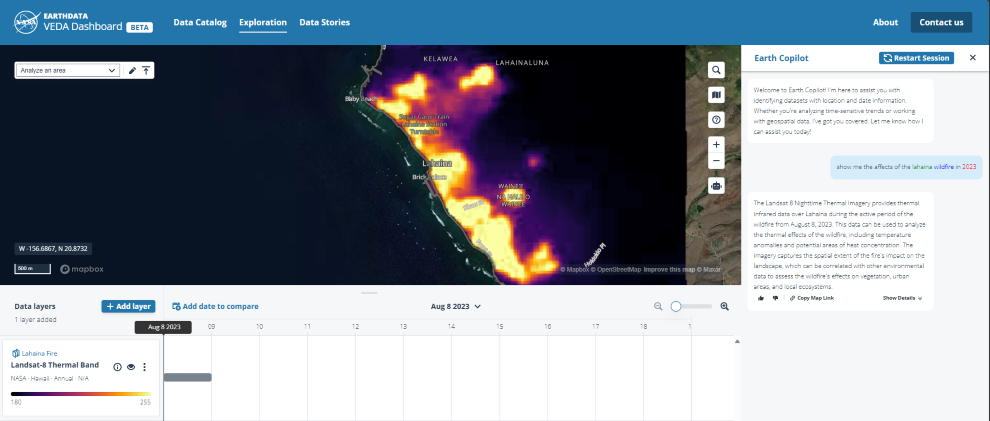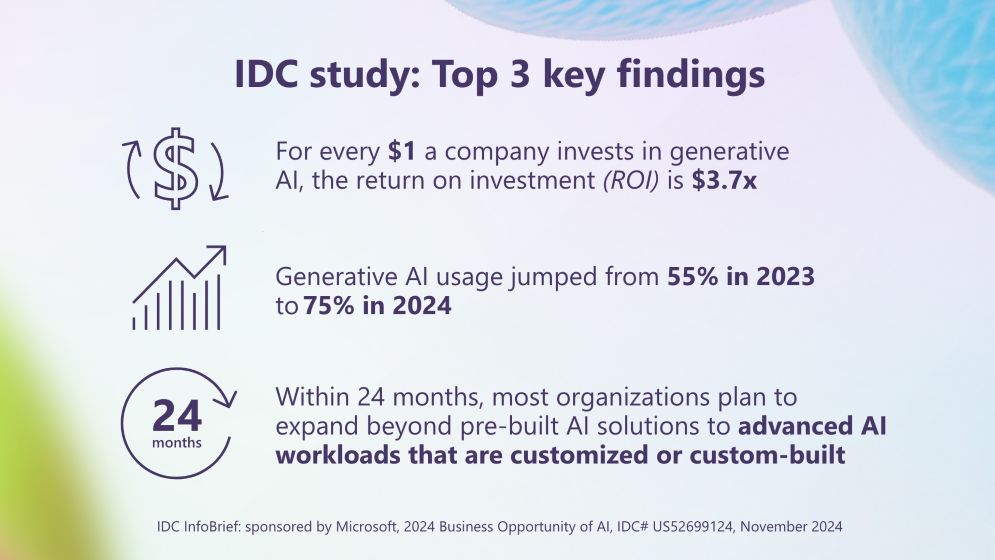May 2024 Recap: Azure PostgreSQL Flexible Server
Hello Azure Community!
Following an exciting Microsoft BUILD 2024 event, May has been filled with important updates and breakthroughs for Azure Database for PostgreSQL Flexible Server. Let’s dive into the key features that were announced during BUILD, highlighting the innovations that are shaping the future of your databases.
Highlights of the Month
General Availability of the azure_ai extension
Preview of azure_local_ai extension
Preview of Automated Index Tuning
General Availability of IOPS scaling
New Azure Advisor recommendations
General Availability of the azure_ai extension
We are excited to announce the general availability of the azure_ai extension. The azure_ai extension allows developers to seamlessly integrate Azure AI services from within their database using SQL queries including:
Generation of embeddings from OpenAI
Invoking real-time scoring with ML inference endpoints of custom or pre-trained or fine-tuned models.
Sentiment analysis, summarization and other Azure AI language services
Real-time text translation
In conjunction with vector data this simplifies building Gen AI applications on Azure Database for PostgreSQL. For more information, refer Gen AI applications simplified with azure_ai extension on postgres (microsoft.com).
Preview of azure_local_ai extension
We are excited to announce the public preview release of azure_local_ai, a new extension for Azure Database for PostgreSQL that enables you to create text embeddings from a model deployed within the same VM as your PostgreSQL database.
Vector embeddings enable AI models to better understand relationships and similarities between data, which is key for intelligent apps. Azure Database for PostgreSQL is proud to be the industry’s that has in-database embedding generation with a text embedding model deployed within the PostgreSQL boundary. Vectors can be generated right within the database, thus offering:
Single-digit millisecond latency.
Predictable costs.
Confidence that data will remain compliant for confidential workloads.
For more information, refer Generate vector embeddings with azure_local_ai.
Preview of Automated Index Tuning
We are excited to announce the preview of index tuning feature. Whether you are a Database Administrators or a Database Developers, this will save you time and effort in tuning the indexes of your databases to improve the performance of your workloads, which will typically also turn into a reduction of your billing costs.
Begin by reading the blog post we’ve published with an end-to-end case: Unleash the power of automated index tuning.
General Availability of IOPS Scaling
We’ve launched the general availability of IOPS Scaling for Azure Database for PostgreSQL. This powerful feature allows you to dynamically adjust your IOPS to meet your workload demands, ensuring optimal performance for high-demand operations such as migrations or large data loads. It also enables cost savings during times of decreased demand by allowing you to scale down. With IOPS Scaling, you gain the flexibility to fine-tune performance and manage costs without the need for over-provisioning resources. You can start using IOPS Scaling today through the Azure portal to enhance the performance and efficiency of your database.
For more details, visit our documentation on IOPS scaling.
Improvements with CAST
The latest updates to Azure Database for PostgreSQL Flexible Server have significantly enhanced the CAST function, which is vital for converting data types within SQL queries. These improvements address previous limitations with non-binary-coercible casts, allowing for more complex data transformations and easing the migration of applications to the cloud. The introduction of options such as `WITH IN OUT` and `WITH FUNCTION` expands CAST’s functionality, making it easier to manage data integrity during conversions and migrations.
For more information, refer CAST function improvements documentation.
New Azure Advisor recommendations
New Azure Advisor recommendations have been created for Azure Database for PostgreSQL flexible server, and existing recommendations have been improved to provide more actionable guidance. Azure Advisor is a cloud assistant that analyzes your configuration and usage telemetry to make personalized recommendations to help improve performance, reliability, security, and cost effectiveness. You can find these recommendations in the Advisor dashboard section of the Azure Portal.
New recommendations include checks for long running, and orphaned prepared transactions, crossing the 1 billion transaction usage limit on a server to avoid potential wraparound scenarios, and exceeding the 80% bloat ratio for a server. Find out more here: Azure Advisor for Azure Database for PostgreSQL – Flexible Server.
Reflecting on BUILD 2024 announcements
At Microsoft BUILD 2024, significant advancements were announced for Azure PostgreSQL and AI applications. These updates aim to empower developers to innovate more freely with AI, emphasizing the integration of AI capabilities directly within databases for more dynamic application development. Key highlights include the general availability of the Azure AI extension for PostgreSQL, enabling direct connections to Azure Open AI models, and the introduction of local embedding generation within the database server for low-latency, secure AI operations. To dive deeper into these innovations, check out these sessions:
Power the next generation of AI apps with databases at scale anywhere
Transform applications with AI and Azure Database for PostgreSQL
Azure PostgreSQL for your AI app’s backend
These sessions offer detailed insights into how these capabilities can revolutionize application development and database management.
We are eager to hear how you are using these new features in your environments. Please share your experiences and feedback with us at AskAzureDBforPostgreSQL@microsoft.com. Your insights help us continuously improve and meet your needs.
Thank you for your continued support of Azure PostgreSQL Flexible Server!
Microsoft Tech Community – Latest Blogs –Read More













